Key Takeaways
- AI helps prioritize and qualify leads by analyzing behavior, demographics, and past engagement, allowing teams to focus their efforts on the most promising prospects.
- Workflow automation tools handle tasks like data entry, follow-ups, and CRM updates, freeing sales reps to concentrate on relationship-building and closing deals.
- AI enhances sales forecasting by identifying behavioral patterns and market trends, making setting accurate targets and adapting strategies easier.
- Sales training also benefits from AI through personalized coaching based on conversation analysis, helping teams continuously improve their performance.
- Implementing AI in sales requires a clear understanding of current bottlenecks, the right tech stack, team training and performance monitoring.
AI for sales is the use of artificial intelligence (AI) technologies to automate and enhance each stage of the sales cycle. This includes lead generation, qualification, forecasting, and even customer interactions.
Today’s sales teams face immense pressure to meet quotas, deliver better customer experiences, and stay ahead of the competition. AI-driven sales automation tools can handle labor-intensive tasks like data entry and lead scoring, freeing up your team to focus on high-value activities like building relationships. By handling repetitive tasks and providing deep insights, AI helps professionals in this space close deals faster and more efficiently.
Let’s take a closer look at AI for sales to help you determine where these tools are best placed in your sales process — and how to implement them.
Build Your Custom AI Agent in Minutes
How AI is transforming sales teams
AI is rapidly transforming sales teams, offering new ways to enhance efficiency, improve decision-making, and personalize customer interactions. By integrating AI-driven technologies, businesses can shift from traditional sales processes to more dynamic, data-informed strategies that drive higher conversion rates and better customer relationships.
Lead qualification and prioritization
One of the most impactful ways that AI can reshape sales is through lead qualification and prioritization. Traditional lead generation often relies on intuition and historical data, which can be inconsistent and time-consuming. AI, on the other hand, uses predictive analytics to analyze behavioral patterns, demographic data, and past interactions, ensuring sales teams focus on the most promising prospects. This data-driven approach enables businesses to allocate resources more efficiently, improving their overall sales performance.
Customer engagement
Customer engagement has also seen a major boost with AI. AI-powered customer relationship management (CRM) systems analyze customer preferences, purchase history, and browsing behaviors to provide sales teams with actionable insights. By tailoring recommendations and offers based on real-time data, AI enhances personalization, leading to stronger customer relationships and higher conversion rates. At the same time, sales chatbots and virtual assistants can offer instant responses to customer inquiries, ensuring round-the-clock support and engagement without overloading human agents.
Workflow automation
AI is also revolutionizing workflow automation in sales. Tasks such as data entry, scheduling follow-ups, and updating CRM records are essential but can consume a significant amount of your sales representative’s time. AI-powered tools handle this admin seamlessly, allowing your professionals to concentrate on relationship-building and deal closure. What’s more, intelligent automation enables consistent and timely customer interactions, ensuring no potential lead is overlooked.
Sales forecasting
Beyond operational efficiencies, AI plays a crucial role in sales forecasting and strategic decision-making. Its vast data-processing ability enables sales leaders to identify patterns in customer behavior, predict market trends, anticipate customer needs, and set realistic sales targets. Instead of relying on guesswork, you can use AI-powered analytics to refine pricing strategies, optimize product offerings, and better prepare for market fluctuations.
Training and enablement
AI integration has also significantly benefited sales training and enablement. By analyzing sales calls, emails, and customer interactions, AI tools identify strengths and areas for improvement and offer personalized coaching for sales representatives. This continuous learning approach ensures that teams remain adaptable and skilled in handling various customer scenarios.
As AI continues to evolve, its role in sales will only become more indispensable. Businesses that leverage AI-driven solutions are likely to gain a competitive edge by improving efficiency, deepening customer engagement, and making more informed strategic decisions. However, the key to success lies in balancing AI automation with human expertise, ensuring that technology enhances rather than replaces the personal touch that remains at the core of effective sales interactions.
Jotform AI Agents for sales teams
Jotform AI Agents are designed to transform how businesses collect, process, and utilize data within their sales operations. By turning forms into dynamic, conversational experiences, these tools enhance customer engagement and streamline data collection.
Whether you’re managing product orders, handling used car sales, or simply seeking a more efficient way to capture leads, Jotform has an AI-driven sales automation solution for you. Some popular AI agents include
- Sales Order AI Agent: This agent template provides an intelligent interface that can validate customer information, offer product recommendations, and handle payments without coding. By reducing the manual workload typically associated with order forms, you can empower your sales teams to focus on upselling, building relationships, and closing deals.
- Used Car Sales AI Agent: This agent similarly caters to automotive businesses, guiding prospects through vehicle options and gathering essential trade-in, financing, and more details. This AI-powered approach improves the user experience and helps sales teams quickly identify serious buyers and speed up the journey from inquiry to purchase.
- Product List Order AI Agent: This agent is ideal for e-commerce or retail-focused organizations. It generates conversational prompts based on your product inventory, making it easier for customers to browse, select, and purchase items.
All these AI agents are powered by your data, allowing you to train them quickly using documents or URLs relevant to your business. In this way, Jotform’s AI-powered solutions make the entire sales journey more seamless and interactive.
Not only do these AI agents save time and reduce errors, but they also integrate effortlessly with existing workflows. You can customize them with Jotform’s Agent Builder, ensuring each AI-powered interaction matches your brand’s voice and objectives. Because these sales AI agents handle repetitive tasks, your team can focus on relationship-building and strategic decision-making — the aspects of sales that truly require a human touch.
Setting up a Jotform AI agent is straightforward:
- Start from scratch, use a template, or even clone your own existing form.
- Train the AI with the specific documents or URLs that contain the information your customers need.
- Use the Agent Builder’s intuitive interface to define questions, responses, and personalization settings.
No coding skills are required at any stage of this process, so your business can tap into AI’s potential without extensive technical expertise.
How to implement AI in your sales process
Bringing AI into your sales strategy doesn’t have to be daunting. Following a structured approach, you can seamlessly integrate AI tools to enhance efficiency, improve customer interactions, and boost conversions. Below is a step-by-step plan to guide you.
1. Assess your current sales challenges
Before introducing AI, take a deep dive into your existing sales process to identify areas where automation and intelligence can provide the most value. Think about
- Lead qualification: Are sales reps spending too much time on unqualified leads?
- Customer engagement: Are follow-ups inconsistent or slow?
- Sales forecasting: Is it difficult to accurately predict future revenue?
- Personalization: Do sales interactions lack customization based on customer behavior?
By pinpointing inefficiencies, you can better understand which AI-driven solutions can optimize your workflow.
2. Choose AI solutions that align with your business goals
Not all AI tools are created equal, so selecting the right ones depends on your objectives. Ensure that the AI tools you choose will integrate seamlessly with your existing tech stack and align with your sales key performance indicators, such as improving lead conversion rates or reducing response times.
3. Train your sales teams on AI tools
Even the most advanced AI solution won’t be effective if your sales team doesn’t understand how to use it. Proper training is crucial to successful implementation, so consider
- Workshops and hands-on training: Provide interactive sessions to familiarize sales reps with new AI-powered tools.
- Onboarding documentation and tutorials: Offer detailed guides, answers to frequently asked questions, and demo videos to help employees navigate the software.
- Ongoing support and feedback loops: Encourage team members to share their experiences and challenges to refine AI adoption over time.
- Gamification and incentives: Inspire adoption by incorporating AI-powered performance metrics into sales contests or bonuses.
Creating a culture of continuous learning will increase your team’s confidence in using AI to improve sales outcomes.
4. Monitor AI performance and optimize strategies
AI implementation isn’t a one-time event — it requires continuous monitoring and refinement to maximize its impact. Regularly analyze key metrics like
- Lead conversion rates: Are AI-qualified leads converting at a higher rate?
- Email open and response rates: Are AI-powered email suggestions improving engagement?
- Chatbot effectiveness: Are automated interactions resolving customer inquiries efficiently?
- Sales cycle duration: Is AI helping to shorten the time from lead generation to deal closure?
These insights can be used to tweak AI models, adjust automation workflows, or reallocate human resources where necessary. If an AI tool isn’t delivering the expected return on investment, consider retraining its algorithms or switching to an alternative solution.
5. Combine AI insights with human expertise
AI enhances decision-making but doesn’t replace the personal touch that makes a great salesperson effective. To get the best of both worlds, you should
- Leverage AI for data-driven insights: Use AI-generated recommendations to tailor pitches, but let sales reps add their unique expertise and emotional intelligence.
- Use AI to enhance, not replace, human interaction: AI can streamline the process, but sales reps should handle high-value negotiations, relationship-building, and complex problem-solving.
- Encourage collaboration between AI and sales teams: Ensure AI is seen as an enabler, not a competitor, by demonstrating how it supports — rather than replaces — human effort.
By balancing AI-driven efficiency with human connection, you can develop a high-performing, customer-centric sales process that drives real results.
Final thoughts: The future of AI in sales
The rise of AI in sales marks a significant shift in how businesses approach customer acquisition and retention. With robust AI sales tools, sales professionals can leverage data-driven insights to engage prospects more effectively and accurately forecast sales. And as the technology evolves, we can expect an even greater emphasis on predictive analytics, real-time personalization, and seamless customer interactions across multiple channels.
That said, widespread AI adoption also raises important ethical and operational considerations. Ensuring data privacy, mitigating biases in AI algorithms, and maintaining transparency around automated processes are crucial steps for any organization integrating AI into its sales strategy. What’s more, a balance must be struck between automation and the human touch. While AI can handle data processing, the trust and empathy that’s so essential to closing deals often hinge on person-to-person communication.
Sales teams that embrace AI as a collaborative partner rather than a replacement for human skill sets stand to gain the most. By combining advanced technology with genuine relationship-building and personalized outreach, you can create memorable customer experiences while delivering tangible results. As AI-driven sales automation and AI-powered CRM solutions become standard practice, it’s clear that the future belongs to those who can adapt, innovate, and maintain a customer-focused approach.
According to Gartner’s research, 80 percent of B2B sales interactions will occur through digital channels in 2025, highlighting the need for AI-driven tools that streamline remote engagement. By proactively adopting AI solutions — from AI lead generation to AI sales forecasting — your organization can position itself for sustained success, no matter how rapidly the sales landscape evolves.
To start exploring AI sales tools for free, give Jotform AI Agents a try. With no coding experience necessary, it’s an ideal first step along your journey to a more efficient and effective sales process.
Photo by: diana.grytsku



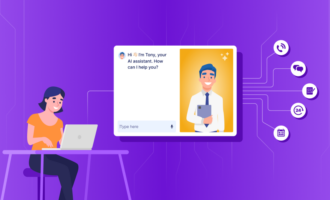
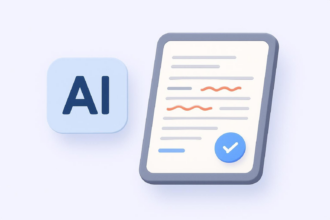












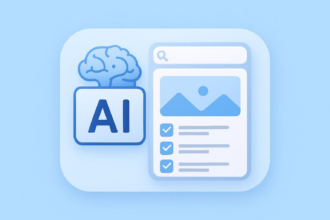




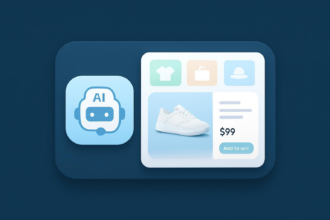
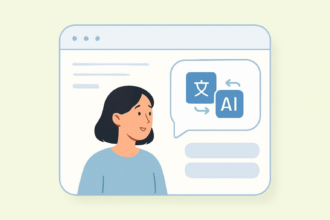






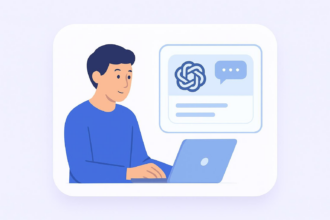
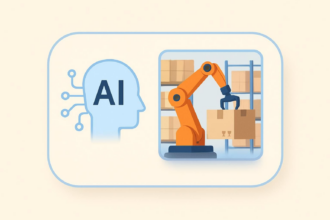




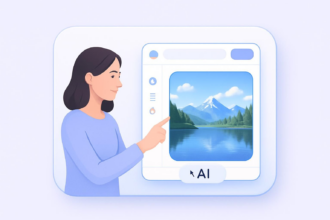

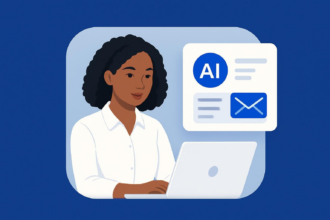





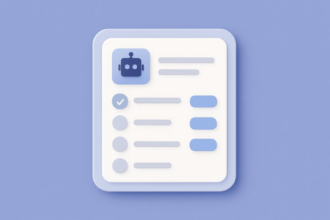

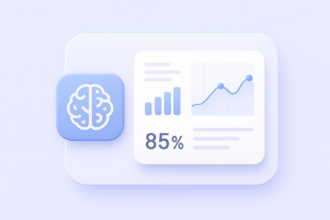









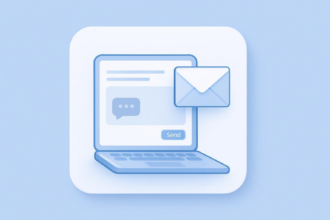
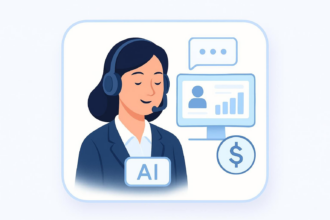
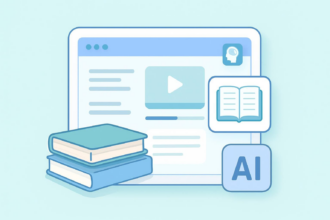




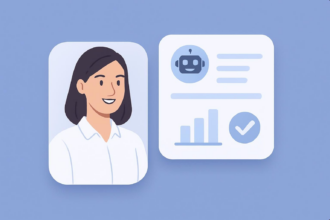





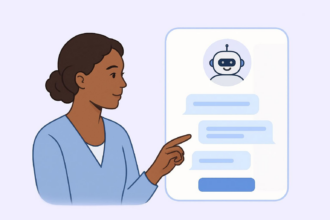





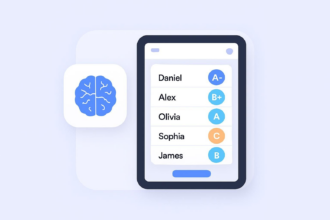




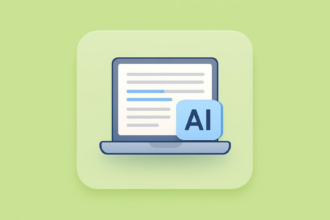



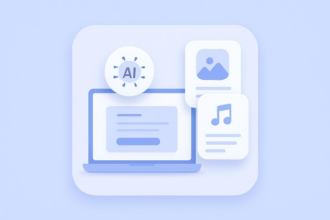
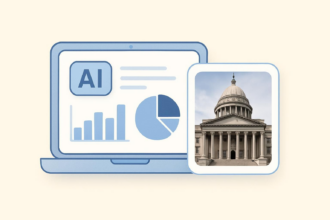


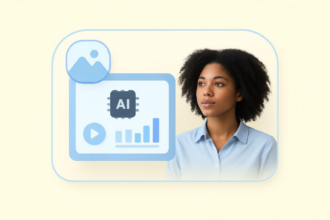




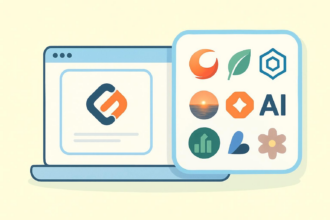

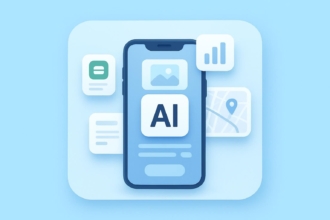






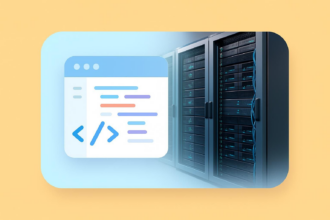
Send Comment: